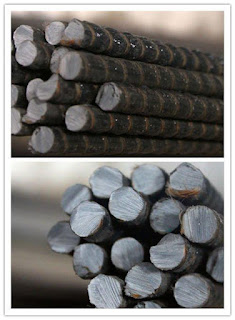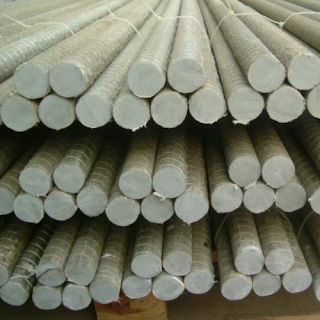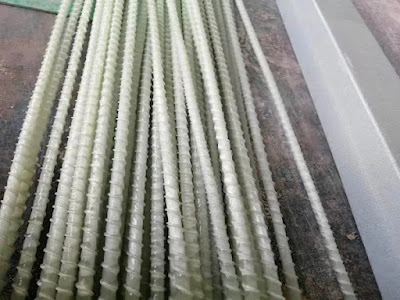Should I Use Fiberglass Rebar

Using fiberglass rebar can be a viable option depending on the specific requirements of your project. Fiberglass rebar, also known as FRP (Fiber Reinforced Polymer) rebar, offers several advantages over traditional steel rebar. should i use fiberglass rebar Here are some factors to consider when deciding whether to use fiberglass rebar: Corrosion resistance: Unlike steel rebar, fiberglass rebar does not rust or corrode when exposed to moisture or chemicals. This property makes it an excellent choice for structures in corrosive environments such as coastal areas or chemical processing plants. Strength and weight: Fiberglass rebar is lighter than steel rebar, which can make it easier to handle and transport. It also has high tensile strength, comparable to that of steel rebar, making it suitable for reinforcing concrete structures. Electrical and thermal insulation: Fiberglass rebar is non-conductive and provides excellent electrical insulation. This property makes it suitable for ...











